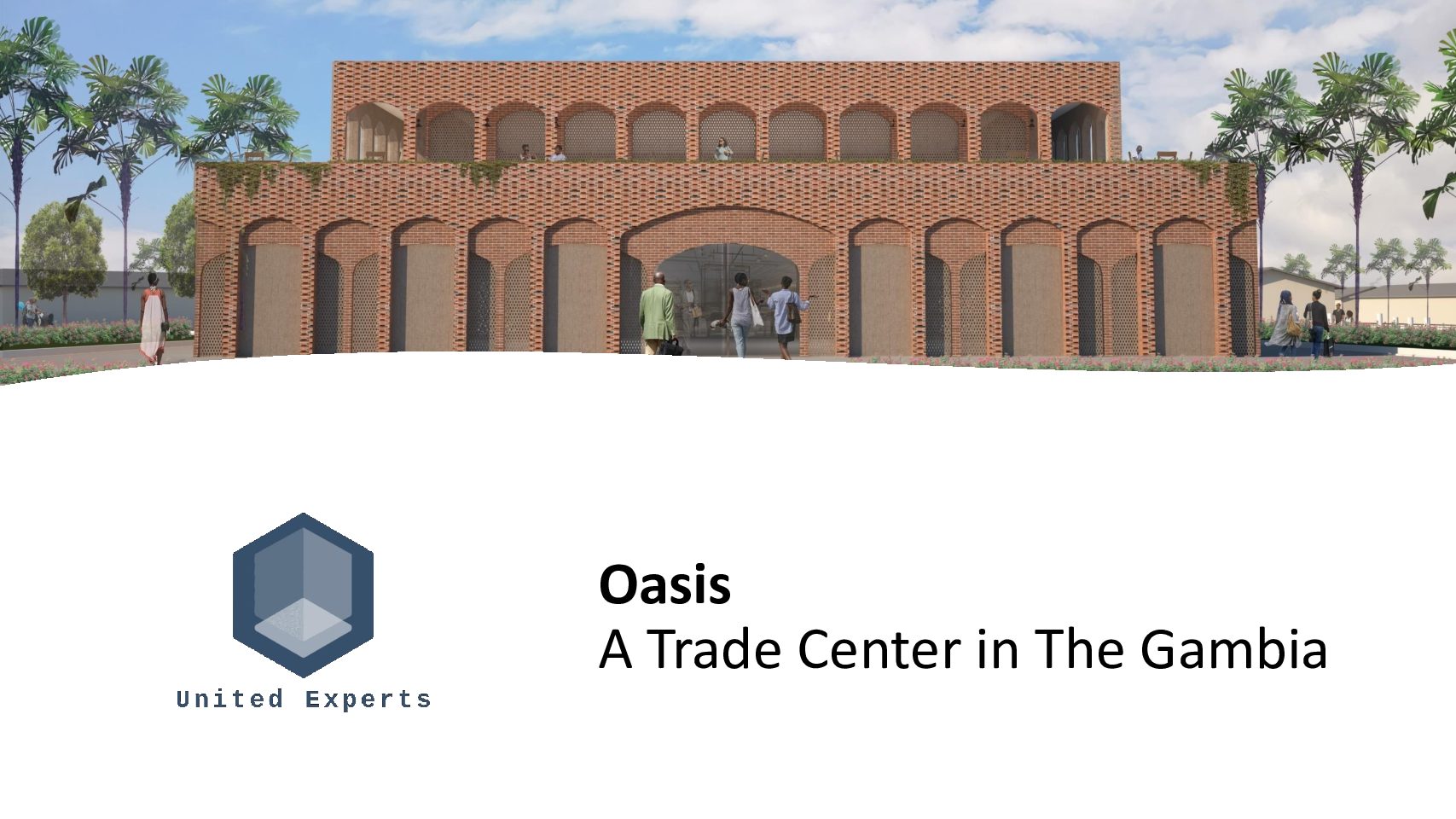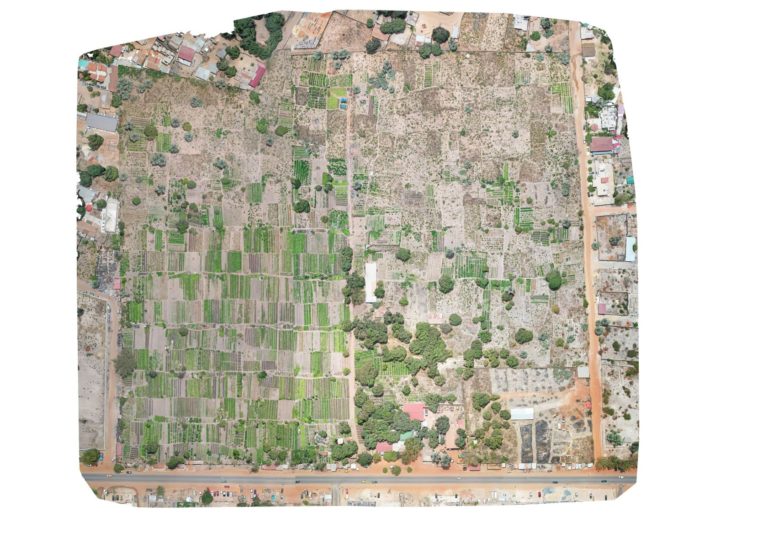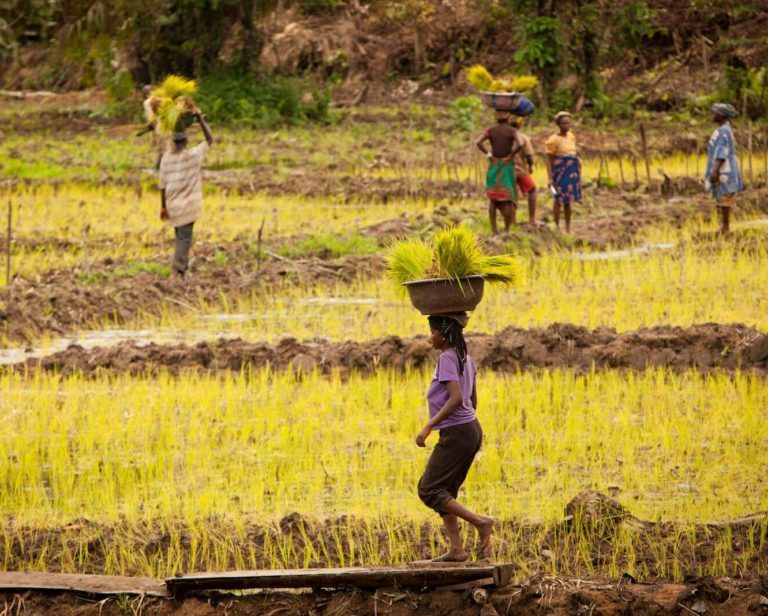OASIS – A Trade Center in The Gambia
Integrated agriculture and infrastructure development project




Partner: United Experts & Corporate Energies are leading the Oasis project, as well as the architectural design and development of the Trade Center. While Edhen consultants contribute to the agricultural and environmental component of the project.
Objective: Inefficiencies in food production, storage and distribution represent critical challenges in The Gambia. The Ministry of Women, Children and Social Welfare intends to empower approximately 700 families by providing 15.0 ha of garden area for the production of horticulture products. The gardens are managed by women and are located near an attractive marketplace in Sukuta, which will also be re-designed within this project.
Hence, UnEx has drafted a concept for a sustainable agribusiness model. Following an integrated development approach, including i) the horticulture gardens in Bakau and the ii) the Brusbi Trade Center in Sukuta.
Edhen consultants contribute with a holistic design method, to facilitate an environmentally, socially and economically sustainable development. i) The current situation will first be assessed using a holistic evaluation approach. ii) Based on the holistic evaluation and in close collaboration with the women managing the gardens, the new strategy will be developed. iii) The co-identified solutions to advance the water and land management systems, will be implemented together with the local stakeholders.
Benefits for the local population and environment:
- UnEx has drafted an integrated design plan: Including a GIS analysis and visualizing the design and workflows. To develop the marketplace into a vital trade center for a wide range of traders, customers and tourists.
- Sustainable energy supply and income by selling excess electricity: The proposal includes the installation of solar PV systems on the 40 rooftops. The 4180 PV modules will have an estimated annual energy yield of ~2100 MWh.
- Promotion of circular economy: By linking the horticulture gardens with the Trade Center. To provide an attractive market for the family farmers. While the re-cycling of the organic waste, provides a valuable resource for the planed improvement of the composting system to increase soil-fertility.
- Based on the evaluation results, agroecological solutions will be co-designed and implemented, to sustainably increase the productivity of the gardens
Locally owned project: The development of adapted solutions is conducted together with local experts. - Capacity building: Through hands-on participation, workshops and farmer to farmer exchange.
- Job creation: By working with local farmers and builders, and by supporting the start-up of enterprises.
- Co-development of self-sufficient systems that reduce costs and increase sustainability.
- Climate change adaptation I: Reducing greenhouse gas emissions, by increasing soil organic matter (carbon sequestration).
- Climate change adaptation II: design and implementation of sustainable water and energy systems.
